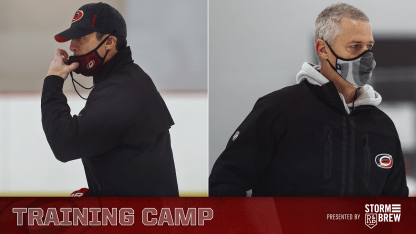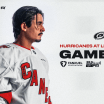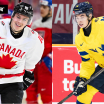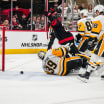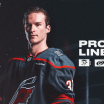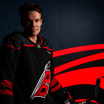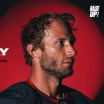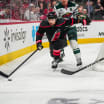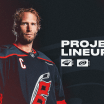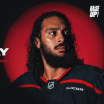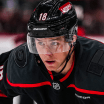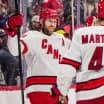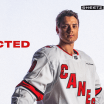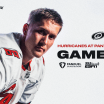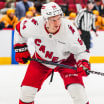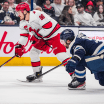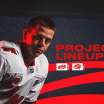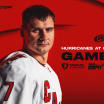Due to the COVID-19 pandemic, the National Hockey League paused its 2019-20 regular season on March 12, 2020. A little more than four months later, it orchestrated a return to the ice for 24 teams in an expanded postseason tournament. With secure zone bubble environments in Toronto and Edmonton, the NHL awarded the Stanley Cup with no trace of the novel coronavirus amongst 33,394 tests conducted July 26-Sept. 28.
That, in itself, was an immense undertaking, but its resounding success proved that sports are viable - and, most importantly, safe - in a controlled environment.
A bubble, though, is not logistically feasible for an entire league and an entire season.
So, now the NHL faces perhaps an even more herculean task of staging an 868-game regular season in 31 cities around North America while also maintaining the health and safety of all involved.
Things this year are decidedly different. They have to be.
"We have to take care of each other, take care of ourselves and make sure we're following the protocols the league has put in place in our home cities and on the road," Slavin said. "We have to make sure everyone is staying safe when they can."
Some little tweaks are more familiar. Masks are commonplace. The coaches are even wearing masks on the ice during practice and will wear them on the bench during games. COVID-19 tests are daily for at least the first month of the season. Each player has his own water and Gatorade bottle on the bench. Common spaces in the locker room are sanitized regularly. Physical distancing is practiced as much as possible.
Some protocols are more drastic and unfamiliar. Road travel is going to be starkly different. In addition to playing two games in one trip to a city, members of a team's traveling party are essentially restricted to their individual hotel rooms and the rink, an artificial bubble when an actual one is unattainable.
"I think the guys are starting to learn that the road might be a little different, in addition to our daily lives here in Raleigh," Jordan Staal said. "I think the staff and everyone here has done a great job of making sure the players are aware of what we need to do."
